How a Philosophy Degree Builds Critical Thinking and Communication Skills
Hind MoutaoikiIR&D Manager
Fri May 02 2025

When one embarks upon philosophical study, a remarkable transformation begins—often so gradual that the student scarcely notices until, one day, they realise their entire approach to thinking has fundamentally changed. a philosophy degree nurtures essential qualities that remain perpetually valuable: the ability to think critically and to communicate with clarity, precision and persuasive power.
In our rapidly evolving world, where artificial intelligence increasingly performs routine tasks and information flows at unprecedented speeds, one might wonder which educational paths offer lasting value. Amidst the clamour for technical skills, there exists a venerable discipline that has, for centuries, cultivated the most human of capabilities—philosophy. Far from being merely an academic exercise in abstract thought, a philosophy degree nurtures essential qualities that remain perpetually valuable: the ability to think critically and to communicate with clarity, precision and persuasive power.
The Subtle Transformation of Mind
When one embarks upon philosophical study, a remarkable transformation begins—often so gradual that the student scarcely notices until, one day, they realise their entire approach to thinking has fundamentally changed. Gone is the tendency to accept ideas at face value; in its place stands a disciplined mind that instinctively examines assumptions, scrutinises evidence, and considers alternative perspectives.
Do you recall the first time you truly questioned a belief you had long held? That moment of intellectual vertigo—simultaneously disorienting and exhilarating—lies at the heart of philosophical education. It is not merely about learning what great thinkers have said; it is about developing the courage to question everything, including one's own most cherished convictions.
When studying Descartes' methodical doubt or Socrates' persistent questioning, students don't simply memorise theories—they internalise an approach to thinking that becomes second nature. The philosophical mind learns to detect logical fallacies, recognise hidden assumptions, and distinguish sound arguments from merely persuasive rhetoric. These skills prove invaluable in every domain of life, from personal decisions to professional judgments.
The Art of Precision in Language
Philosophy demands precision in language that few other disciplines require. When parsing the subtle distinctions in Kant's categorical imperative or unravelling the complexities of Wittgenstein's reflections on language, students learn that words matter profoundly. A single term, imprecisely used, can collapse an entire argument.
Through countless essays, discussions, and revisions, philosophy students develop an extraordinary facility with language. They learn to express complex ideas with clarity, to construct arguments that withstand scrutiny, and to communicate in ways that genuinely advance understanding rather than merely assert positions.
The Courage to Navigate Complexity
Our world grows ever more complex, with ethical dilemmas, political polarisation, and technological questions that defy simple solutions. Philosophy equips students not just to survive in this complexity but to thrive within it.
Through studying ethics, students develop frameworks for addressing moral quandaries without resorting to oversimplification. Through political philosophy, they gain perspective on the tensions inherent in social organisation. Through epistemology, they cultivate a nuanced understanding of knowledge itself—what it means to know something and how knowledge differs from mere opinion.
The philosophical mind does not shy away from complexity; it embraces it. Rather than seeking pat answers or false certainty, it develops comfort with ambiguity and the patience to explore multiple perspectives. In professional settings where simplistic approaches fail, this capacity becomes invaluable.
The Bridge Between Technical Knowledge and Human Understanding
Theres is something remarkable about those with philosophical training: they often become the essential bridges between technical specialists and broader organisational or societal needs.
The engineer can explain how a technology works, but the philosophically trained mind asks whether it should be built at all, and if so, under what constraints. The data scientist can identify patterns in information, but the philosophical thinker places those patterns into meaningful context and explores their implications.
As artificial intelligence increasingly handles technical tasks, these bridging roles—requiring critical thinking, ethical judgment, and exceptional communication—become ever more valuable. They cannot be easily automated, for they require precisely the human capabilities that philosophical education nurtures.
The Lifelong Journey of Thought
The critical thinking skills honed in undergraduate essays serve equally well in boardrooms, community organisations, or family discussions. The communication capabilities developed through philosophical debate prove invaluable in every human relationship.
Most importantly, philosophical education instils a habit of reflective thinking that enriches every aspect of life. The philosophically trained mind approaches both personal challenges and societal problems with analytical tools, ethical frameworks, and communicative skills that never grow obsolete.
In moments of personal doubt, when life's path seems uncertain, the philosophical mind possesses resources to navigate the ambiguity with grace. In times of social upheaval, when established norms are questioned, the philosophical thinker can contribute meaningfully to discussions about the path forward.
The ancient Greeks inscribed "Know Thyself" at the Temple of Apollo at Delphi. Those pursuing philosophical education honour this timeless exhortation, developing self-knowledge alongside their understanding of the broader world. In doing so, they prepare themselves not merely for a career, but for a life of meaning, purpose, and intellectual vitality.
previous
Exploring Kabuki Art: A Fusion of Drama, Dance and Tradition
next
Navigating Cultural Identity in the Global Age: A Journey Toward Wisdom
Share this
Hind MoutaoikiI
R&D Manager
Hind is a Data Scientist and Computer Science graduate with a passion for research, development, and interdisciplinary exploration. She publishes on diverse subjects including philosophy, fine arts, mental health, and emerging technologies. Her work bridges data-driven insights with humanistic inquiry, illuminating the evolving relationships between art, culture, science, and innovation.
More Articles
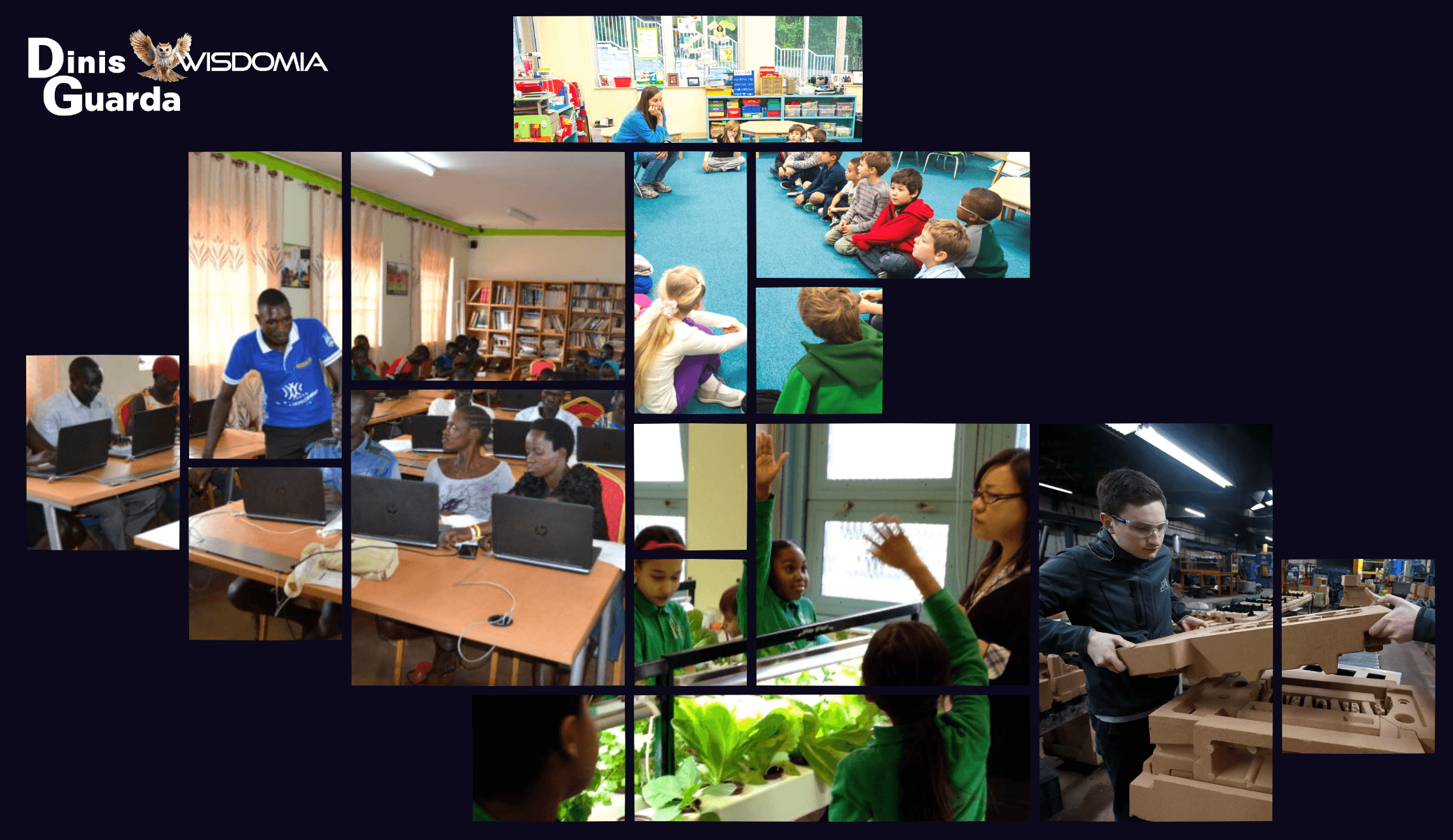
Community as Classroom: When the Village Teaches : Redefining Where Learning Happens
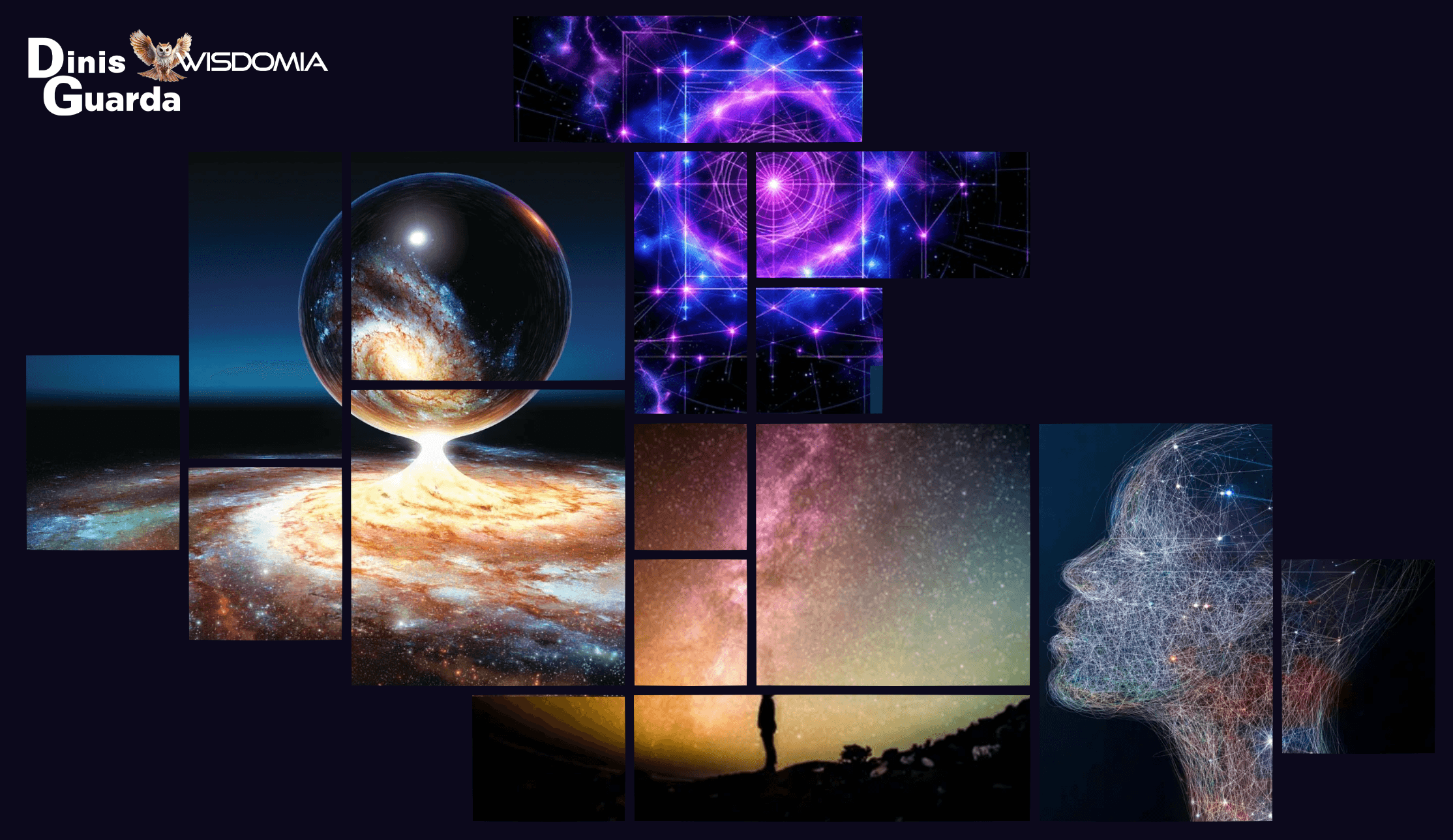
Each Being Is Humanity: The Cosmic Responsibility of Conscious Participation
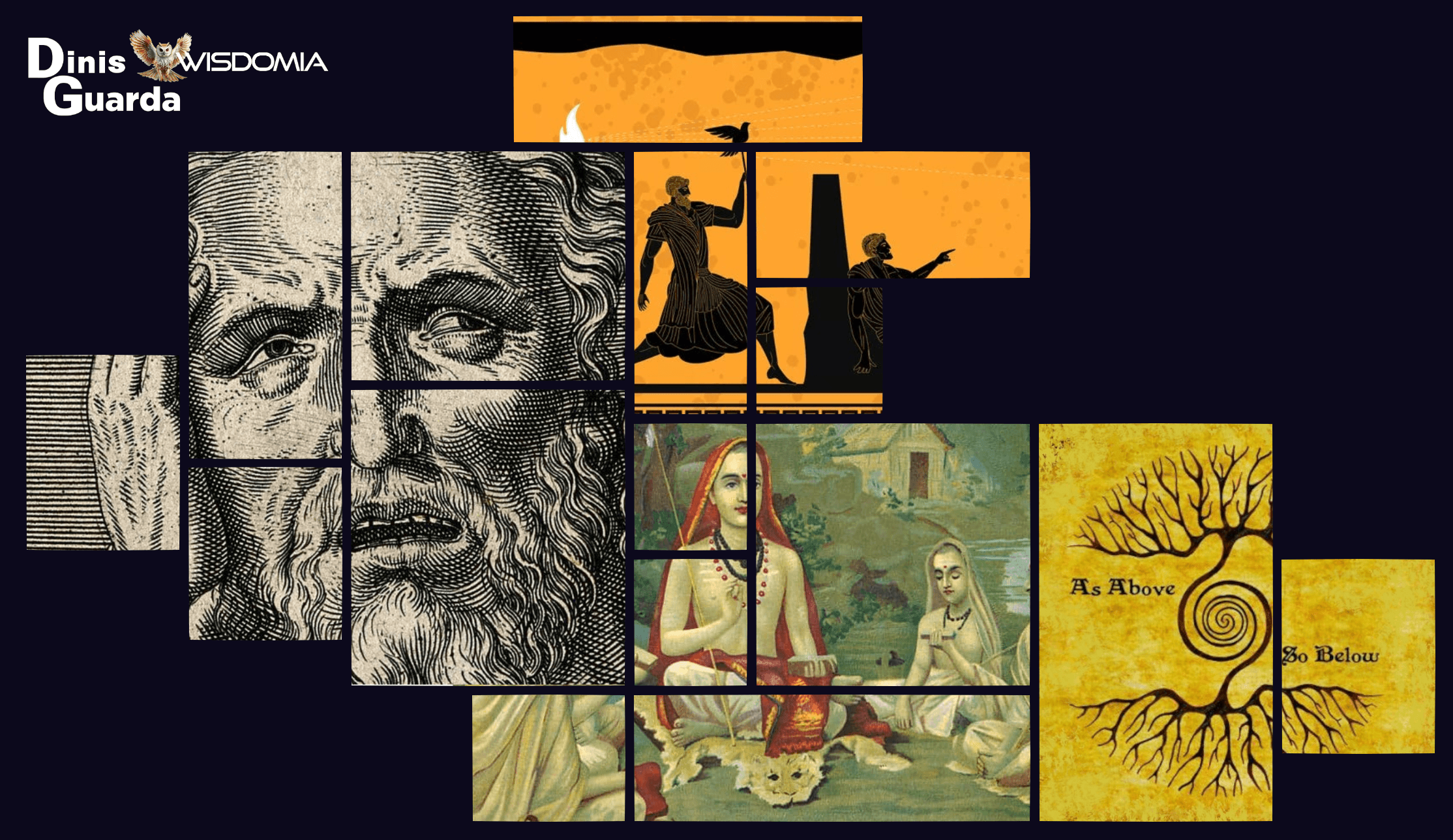
When Ancient Wisdom Met Quantum Physics: The Philosophical Synthesis
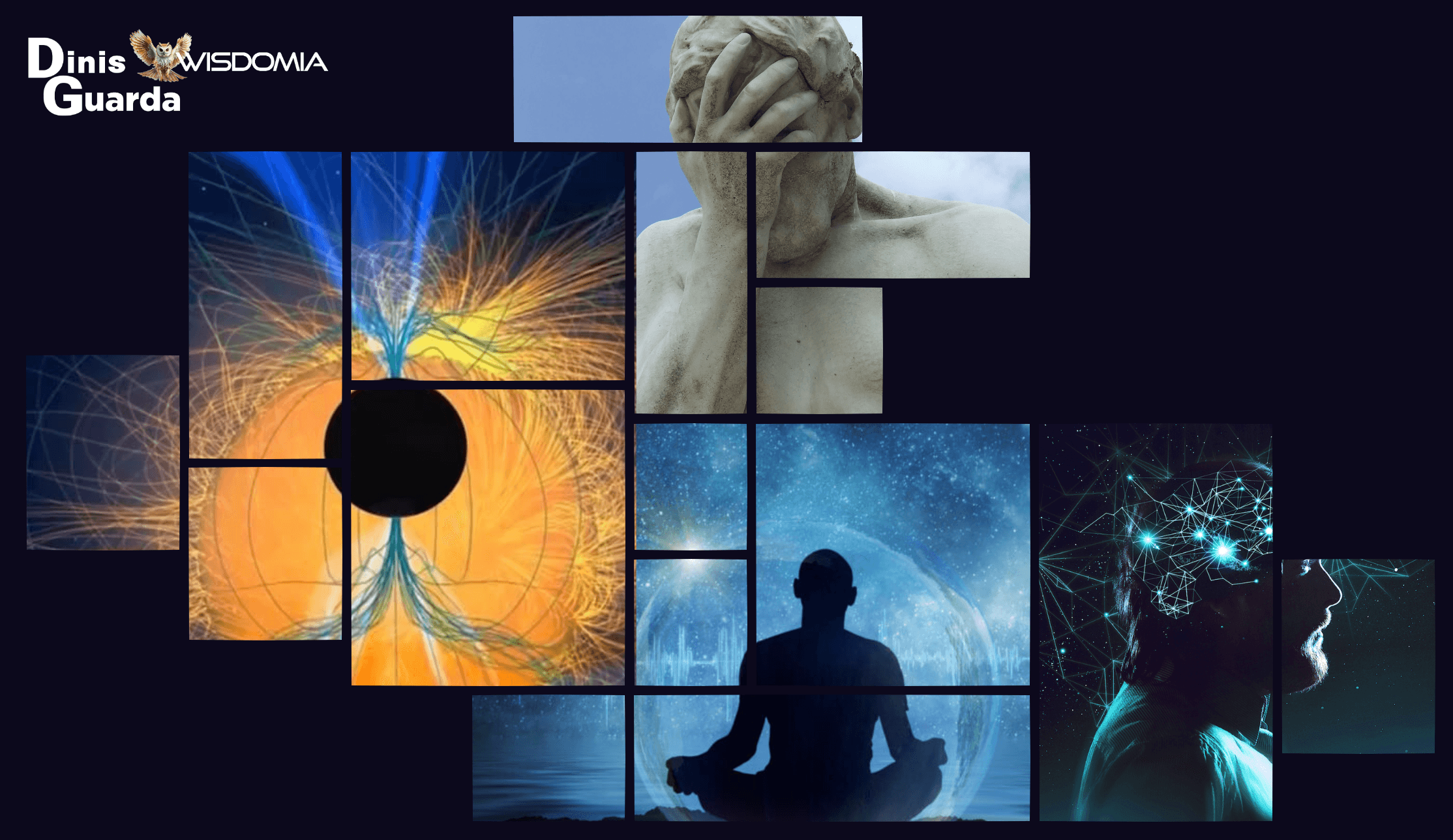
The Mirror Universe: Why Reality Reflects All Your Signals
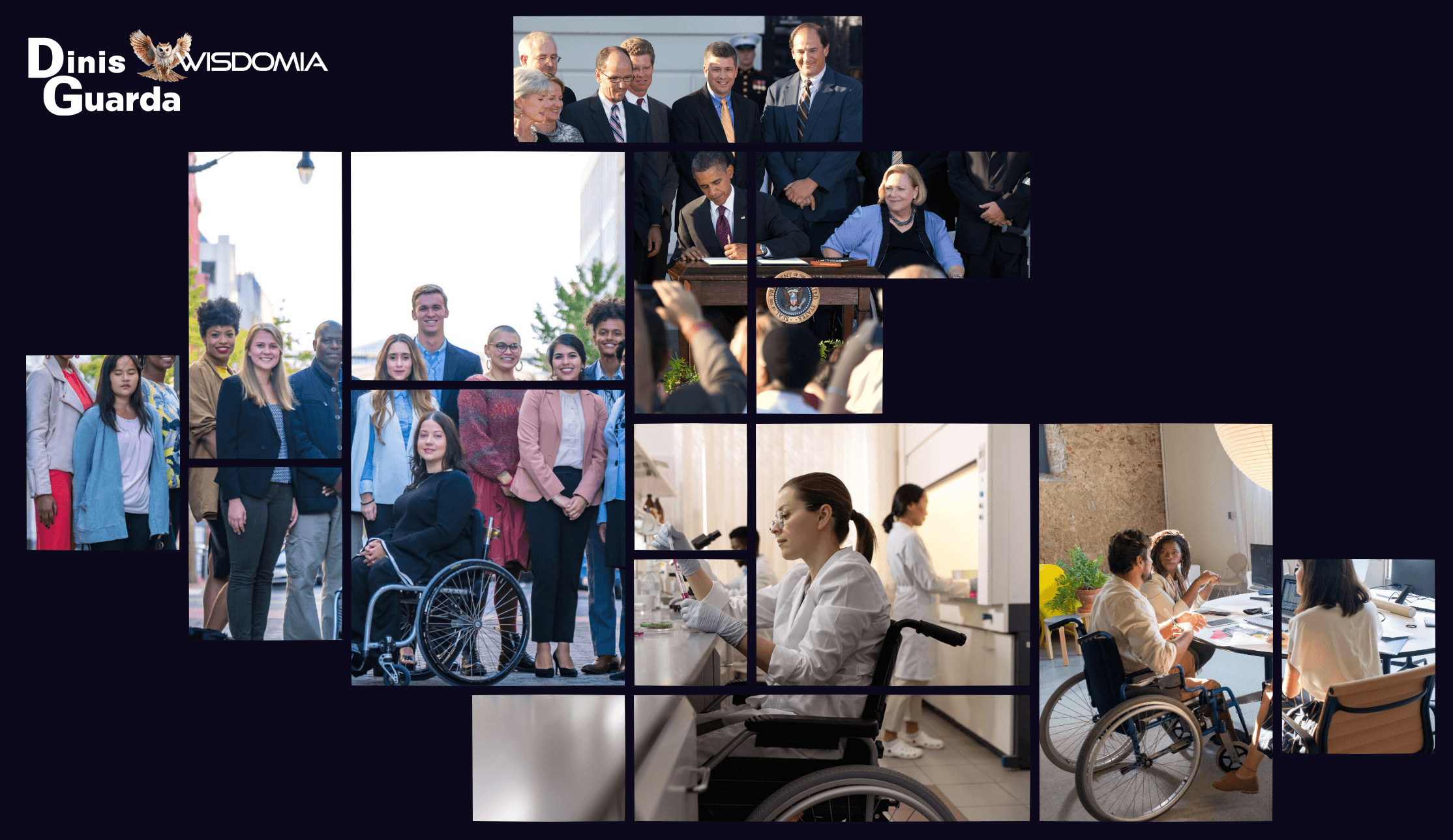
Who Does What: The Stakeholder Action Plan for Universal AI Accessibility





